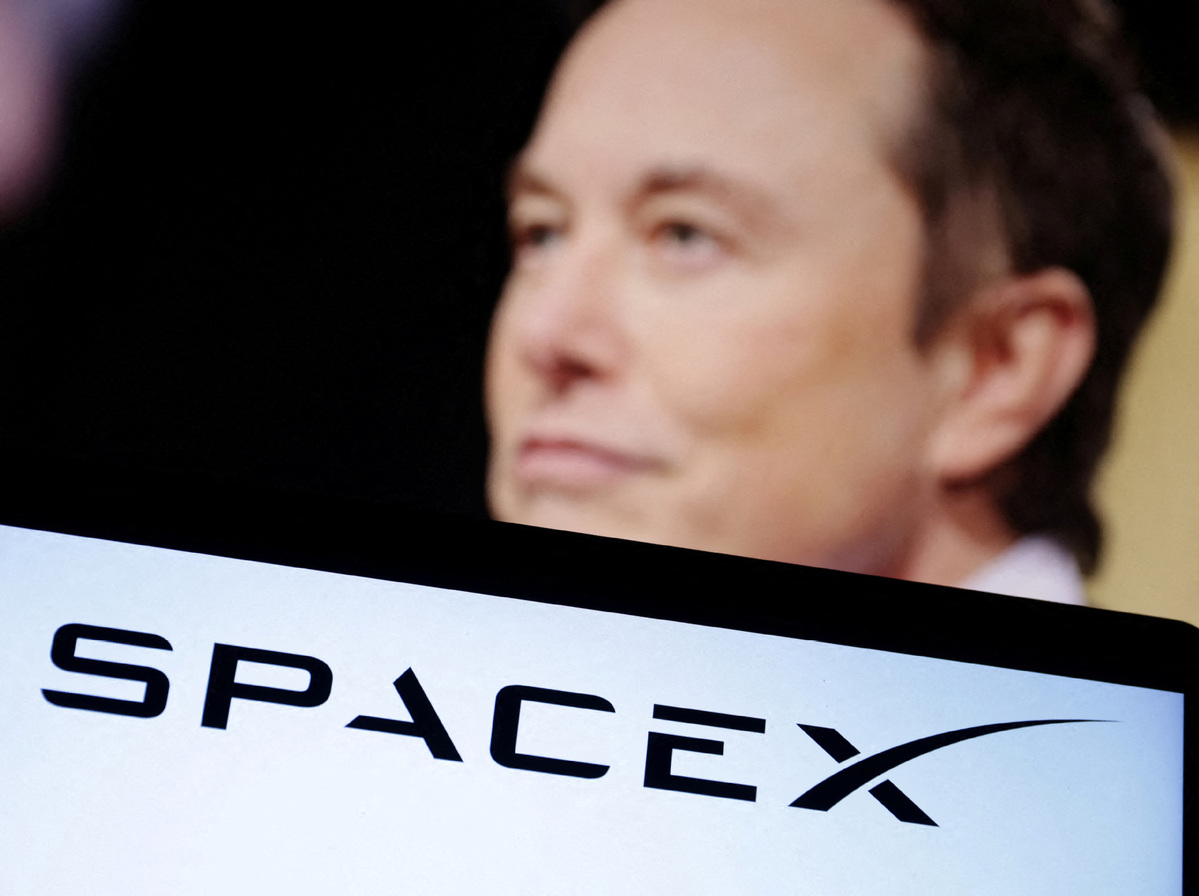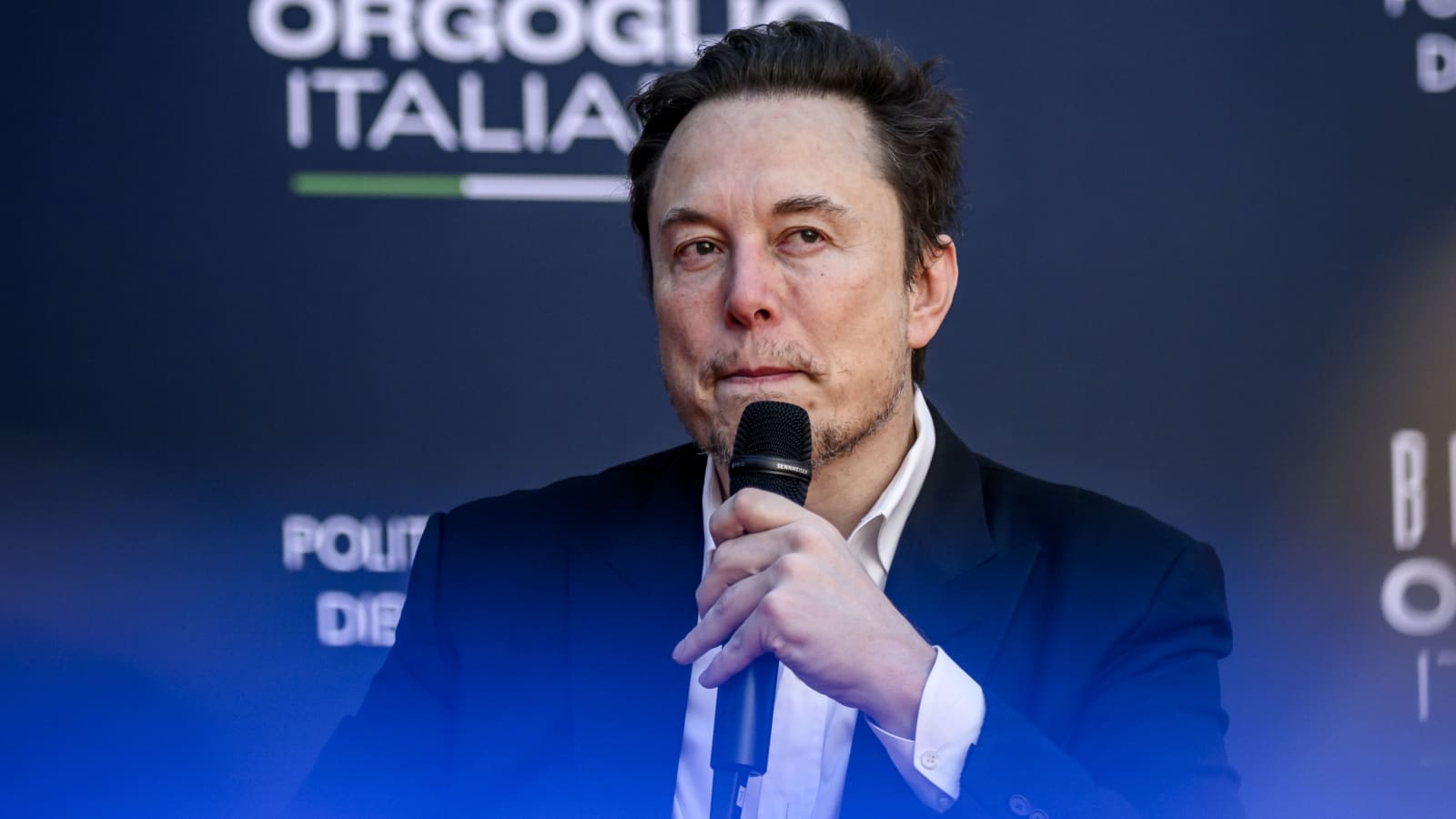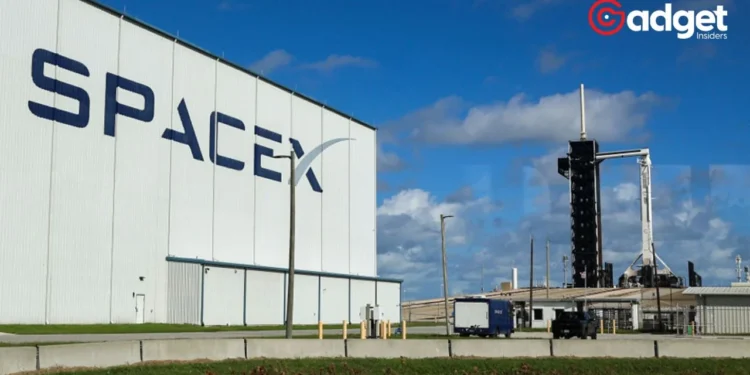In an era where geopolitical dynamics are rapidly shifting, the spotlight turns to Elon Musk, the visionary behind SpaceX, as lawmakers push for the activation of StarShield for Taiwan’s defense. This satellite network, which could redefine secure communications for military entities, sits at the heart of a complex web of international relations, technology, and security concerns.

The StarShield Imperative
SpaceX’s StarShield, initially tailored for the U.S. military’s needs, represents a leap forward in secure, resilient communications and imagery, courtesy of its low-Earth orbit satellites. Amid the escalating tensions between China and Taiwan, the technology’s potential to bolster Taiwan’s defensive capabilities is undeniable.
However, the activation of StarShield for Taiwan is mired in hesitation from Elon Musk, despite SpaceX’s obligations under its contract with the Pentagon. A consortium of U.S. lawmakers, led by Rep. Mike Gallagher, has taken a firm stance, urging Elon Musk to fulfill his commitments and ensure StarShield’s deployment for American defense forces in and around Taiwan.
The importance of this technology cannot be overstated, especially in a region as volatile as the Indo-Pacific, where a robust communication network is not just an advantage but a necessity for safeguarding U.S. interests and its allies.
Navigating the Straits: The China-Taiwan Conundrum
The push for StarShield’s activation comes against the backdrop of intensifying tensions between China and Taiwan. The self-governed island, which China claims as its territory, stands on the precipice of potential conflict, with Beijing not discounting force as a means to reclaim it.
The U.S.’s unwavering support for Taiwan’s democratic governance adds another layer of complexity to the situation, especially in light of China’s increased military posturing and cyber incursions.
Elon Musk is blocking internet service for US military troops in Taiwan—breaching SpaceX's contract with the Pentagon. Furious lawmakers sent Musk a letter, warning that he’s “putting US troops stationed in Taiwan in serious danger.”
Musk is helping China! https://t.co/Ujo62NOFxx— Arctic Friend (@FriendEden100) February 25, 2024
The most recent discoveries made by Director of the Central Intelligence Agency William Burns, which indicate that President Xi Jinping has instructed the Chinese military to prepare for the possibility of an invasion of Taiwan by the year 2027, add a sense of urgency to the request for improved communication and defense measures.
An additional escalation of hostilities has occurred as a result of the election of President Lai Ching-te, who is a supporter of Taiwanese independence. This has made the function of technology such as StarShield even more crucial.
Elon Musk’s Delicate Balancing Act
Elon Musk’s position is uniquely challenging. With significant business interests in China through Tesla and a history of proposing compromises to ease tensions over Taiwan, Elon Musk’s actions now could have far-reaching implications.
His space ventures, deeply intertwined with U.S. governmental and military contracts, place SpaceX in a pivotal role in global security dynamics. The commitment to provide high-speed, secure communications through StarShield could be a game-changer for Taiwan, especially against threats like China’s potential to sever undersea internet cables.

During a recent visit to Taiwan, U.S. lawmakers, including Gallagher, engaged in discussions highlighting the urgency of StarShield’s implementation. Despite the high stakes, the network remains inactive in Taiwan, a fact that underscores the complexities of geopolitics, technology, and the global push for security and stability.
The Future of Global Security and Space Innovation
As the world watches, the potential activation of StarShield for Taiwan’s defense by Elon Musk could mark a significant milestone in the use of advanced technology for global security.
With the shadow of geopolitical tensions looming large, the decisions made today will shape the landscape of international relations and the role of space innovation in ensuring peace and stability.
The saga of StarShield, SpaceX, and the delicate balance of power in the Indo-Pacific region continues to unfold, highlighting the ever-increasing importance of technology in the arena of global security.










